The phrase ‘player development’ is really getting thrown around a lot lately. The problem is this: most of the time, the description doesn’t even begin to describe all aspects of it. I’ve seen explanations that typically fall under the umbrellas of athletic development or skill development – almost completely ignoring any factor outside of that specific angle. Additionally, I almost never see any acknowledgement of what the coach’s role should be. I contend that player development needs to focus in four areas:
- Athletic Development
- Skill Development
- Mental Development
- Personal Development
#1: Athletic Development
Athletic Development is the honing or enhancing of the athlete’s physical properties and abilities: size, body composition, strength, speed, power and skill-specific tool enhancement. It may seem somewhat obvious, but without a focus on these qualities, the athlete has very little chance of success in the long-run. Any athlete can have beautiful technique and skill, but an athlete can enhance that great technique or skill with these qualities.
The interesting one on the list is skill-specific tool enhancement. This is training to increase throwing velocity, bat speed, etc. This is an area that can fall under a performance coach or a skill coach – one of the many reasons why I’ve been calling for the knocking down of silos within player development. These are areas that have an ability to be trained and improved, but unfortunately they tend to fall through the cracks between silos.
A coach should understand the demands of the sport, have a clear understanding of the goals of the athlete, and should create a plan that is appropriate for those goals. In essence, a coach can draw a map and help the athlete navigate that map, but they cannot take the trip for the athlete.
#2: Skill Development
Skill Development is the honing or enhancing of the actual skills and techniques required for sport. I don’t think I have to detail the importance of skill development, but I have seen many completely ignore skill development in order to focus on athletic development.
Let’s be clear – no amount of athleticism can mask a lack of skill at the highest levels. This is true for ALL sports. Athletic development is meant to enhance skills as they develop through focused practice. A coach should see what the athlete does well naturally and seek to enhance those abilities. And a coach should also help them fortify their weaknesses instead of mashing the athlete into a mold of their idea of what good looks like.
Each athlete is an individual- not a machine. At the upper levels, they are successful for a reason. Many of those reasons may fit the norms, but many may not. It is the coach’s job to understand that and make adjustments frugally.
#3: Mental Development
This is the biggest mistake that I see in development today. Athletes will become absolute athletic animals with a great amount of skill, but they don’t compete. These athletes develop a mindset that tells them if they are mechanically sound and do what they’ve been taught, then good results follow. Sometimes this is true, but the concept of competition is lost. They get caught in a cycle of chasing perfect and repeatable which can never be attained.
At the end of the day, you have to compete. You are trying to beat somebody else. Sometimes, you will be tired, sore and out-of-sync. At this point, you need to simply compete – by any means. Forget mechanics and cues. Just beat the other guy. I believe a coach should guide the athlete with this thought process. It’s easy the get caught in the minutia, but an effective coach never lets the athlete lose sight of the real goal- to win.
#4: Personal Development
Athletes are not just athletes. They are people. They are brothers, sisters, fathers, mothers and friends. Many times the personal accountability gets lost – especially when there is success in their sport. How they handle success, failure, their social life and interpersonal communication is a huge indicator of how they will perform in their sport but also in life. A coach’s role is to build a relationship first and foremost. A coach should be a mentor and a teacher. If the coach’s impact ends with that athlete’s playing career, it is my belief that that coach did nothing of importance for the athlete.
This summarizes player development to me. Today, too many focus on one aspect, and it’s usually one of the first two. We need to understand that we must focus on the entire player – the person – for development. I think sometimes we lose sight of that as an industry, or we just hunker down in one of those four areas as an “expert”.
Great coaches innately understand what I’ve just laid out here. They understand player development.

Leave a Reply